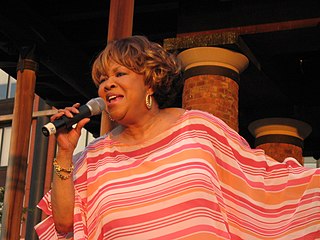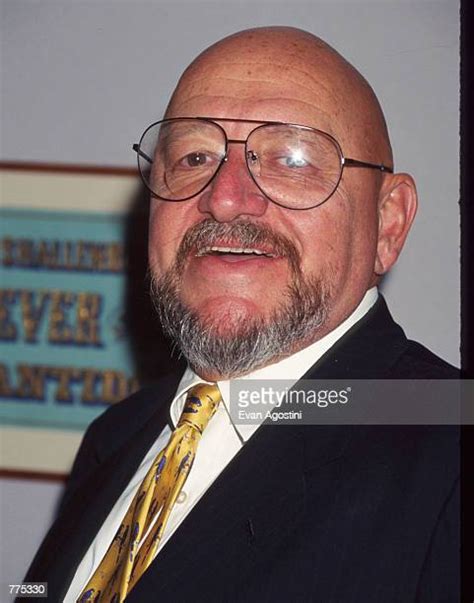A Quote by Doris Lessing
The 1960s was probably the first time in history that young people were recognized as a big group of consumers and as a commercial proposition for Madison Avenue. Advertising played a major role in creating the ethos of that era - the idea that, "Here it is, and you can have it now." I know that many kids thought that the ethos of the 1960s was due to their own peculiar virtues, but, in fact, it had a lot to do with the realities of the marketplace and commerce.
Quote Topics
Advertising
Avenue
Big
Commerce
Commercial
Consumers
Creating
Due
Era
Ethos
Fact
First
First Time
Group
Had
History
Idea
In Fact
Kids
Know
Lot
Madison
Madison Avenue
Major
Many
Marketplace
Now
Own
Peculiar
People
Played
Proposition
Realities
Recognized
Role
Thought
Time
Virtues
Were
Young
Young People
Related Quotes
There is a lot of sixties-bashing going on these days that I don't agree with at all. I feel that extremely important ideals were brought to the forefront of the collective consciousness at that time. Granted, drug use was so pervasive that our generation did not as a group have the capacity to manifest our ideals to any great extent. But many of the people who were young in the sixties and who were most touched by that collective ethos are still touched.
Men ruled the roost and women played a subservient role [in the 1960s]. Working wives were a rarity, because their place was in the home, bringing up the kids. The women who did work were treated as second-class citizens because it was a male-dominated society. That was a fact of life then. But it wouldn't be tolerated today, and that's quite right in my book... people look back on those days through a thick veil of nostalgia, but life was hard if you were anything other than a rich, powerful, white male.
There are parallels between the 1960s and now, because during the 1960s, people were being slaughtered, their lives were being taken, there was violence, greed, drugs were rising - just all of this. And my uncle was saying, you've got to come back to faith, hope and love. Now, you get the translation and say faith, hope and charity - faith, hope and love.
Part of the American ethos is that you want to leave something better for your kids than you had and I know that my parents felt that way and I know that my grandparents felt that way and everybody worked hard so that their kids had a better chance. I just don't want to be the first generation that doesn't do that.
My dad and mom were more like World War II-era parents, even though it was the 1960s, because they were both born in the '40s. They were young adults before the '60s even happened, and married, and already having kids. But by the time we were adolescents in the '70s, the whole culture was screaming at parents, "You're a good parent if you're open with your kids about sex." They attempted to be open with us about sex, and it made them want to die, and consequently, it made us want to die.
Economic systems work better when there's an extreme reliability ethos. And the traditional way to get a reliability ethos, at least in past generations in America, was through religion. The religions instilled guilt. ... And this guilt, derived from religion, has been a huge driver of a reliability ethos, which has been very helpful to economic outcomes for man.
I think initially, our audiences were filled with young men. You know, our initial audience was a lot of young guys who I think were trying to - who you played a bit of a big brother role for and were trying to sort out a lot of the same things right - soon as "Born To Run" hit, you know? So it was something that I worked pretty hard on.







































